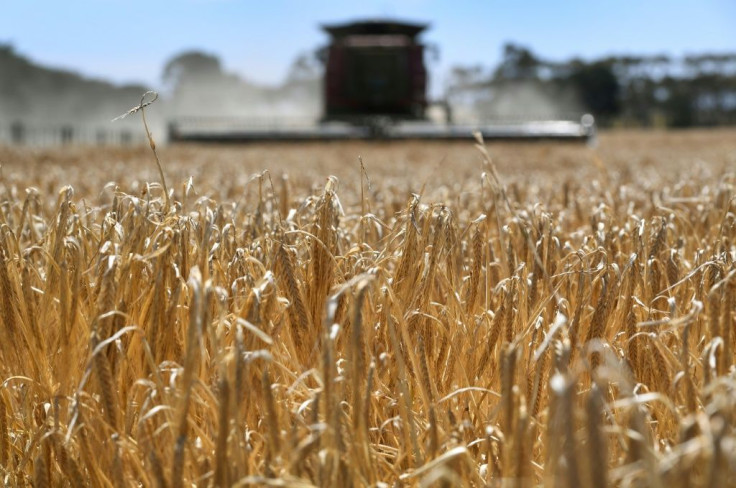Australia Presses WTO Barley Case Against China
Australia on Friday moved ahead with a World Trade Organization case against Chinese tariffs on barley imports, as strains between the two countries showed little sign of abating.
Trade Minister Dan Tehan said Canberra would ask the WTO to establish a dispute settlement panel to look at the case, the next step in a bid to get the tariffs declared illegal.
Tehan said Beijing's decision to slap an 80 percent tax on imports of the grain from Australia had "effectively stopped Australia's barley trade with China."
Australia's barley exports to China had been worth around US$1 billion a year, used most notably in brewing.
China argues that Australian farmers produce the grain with government subsidies and sell it below cost, hurting domestic producers.
Tehan said "Australia remains open to further discussions with China with a view to resolving this issue" but China has suspended a regular economic dialogue and high-level meetings are on hold.

It is just one in a long list of political-tinged trade disputes between the two countries in what has been dubbed a "shadow trade war."
Beijing has rolled out economic sanctions against a range of Australian products, as diplomatic relations with Canberra have reached their lowest ebb since the deadly 1989 Tiananmen Square crackdown.
Many in Canberra believe the sanctions are punishment for Australia pushing back against Beijing influence operations in the country, rejecting Chinese investment in sensitive areas and publicly calling for an investigation into the origins of coronavirus.
At least 13 Australian sectors have been subjected to Chinese tariffs or some form of disruption, including beef, coal, copper, cotton, lobsters, sugar, timber, tourism, universities, wine, wheat and wool.
So far the list has not extended to iron ore exports that are vital to Australia's economy.
Chinese officials have warned local customers to track down non-Australian sources of the metal, but tight supply and high demand have so far made that move impossible in the short term.
© Copyright AFP 2024. All rights reserved.





















